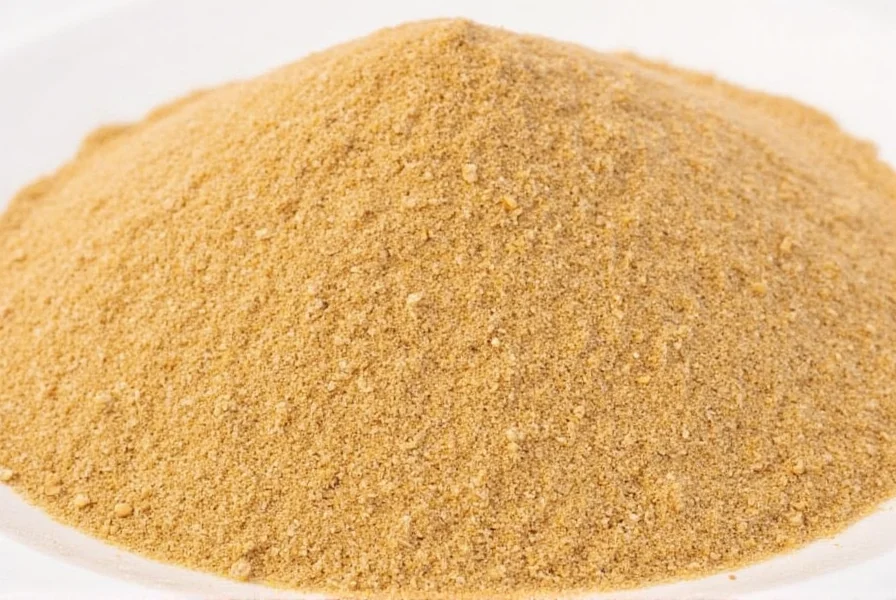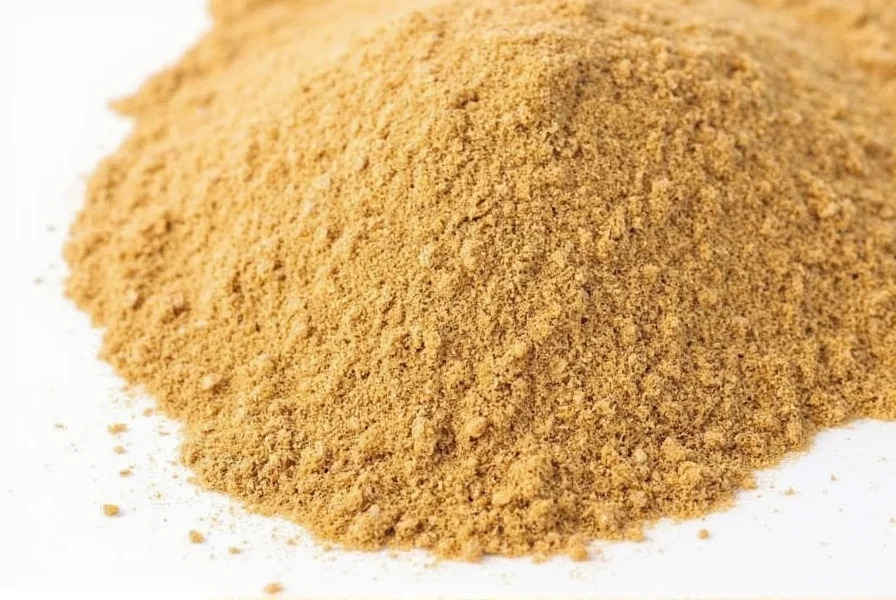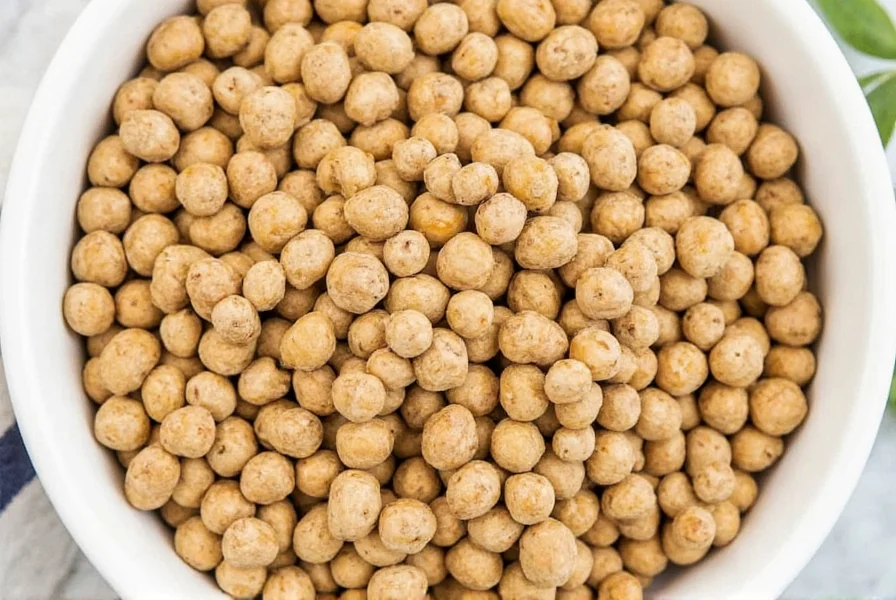Fenugreek extract has gained significant attention in evidence-based herbal medicine for its potential therapeutic applications. This concentrated form of the ancient medicinal plant contains bioactive compounds like diosgenin and 4-hydroxyisoleucine that deliver more potent effects than culinary fenugreek seeds. Understanding the scientific evidence behind this supplement helps consumers make informed decisions about its appropriate use.
What Exactly Is Fenugreek Extract?
Fenugreek extract comes from the seeds of Trigonella foenum-graecum, a plant cultivated for over 6,000 years across Mediterranean and South Asian regions. Modern extraction processes typically use ethanol or water to concentrate the seed's active constituents, producing standardized supplements containing specific percentages of key compounds like 50% furostanol saponins.
The primary bioactive components include:
- Diosgenin - Precursor for steroid synthesis
- 4-Hydroxyisoleucine - Insulin-sensitizing amino acid
- Fibers (galactomannan) - Soluble fiber supporting digestion
- Saponins - Compounds with potential cholesterol-lowering effects
Unlike whole fenugreek seeds used in cooking, standardized extracts provide consistent potency essential for therapeutic applications. This standardization addresses the natural variability in active compounds found in raw botanical material.

Evidence-Based Health Benefits of Fenugreek Extract
Rigorous clinical research has investigated several potential applications of fenugreek extract. The strongest evidence supports specific uses while other applications require further study.
Blood Sugar Regulation
Multiple randomized controlled trials demonstrate fenugreek extract's potential for improving glycemic control. A 2022 meta-analysis published in Nutrition Reviews examined 12 clinical studies involving 725 participants with prediabetes or type 2 diabetes. Researchers found that daily supplementation with 500-1000mg of fenugreek extract significantly reduced fasting blood glucose by 18.9 mg/dL and HbA1c by 0.58% compared to placebo.
The mechanism appears multifaceted:
- Slows carbohydrate digestion through soluble fiber content
- Enhances insulin sensitivity via 4-hydroxyisoleucine
- May stimulate pancreatic beta cells to produce more insulin
Lactation Support
For nursing mothers experiencing low milk supply, fenugreek extract represents one of the most researched galactagogues. A double-blind, placebo-controlled study in the Journal of Alternative and Complementary Medicine followed 66 postpartum women. Those taking 6 grams daily of fenugreek extract showed a 49% increase in milk production within 72 hours compared to 18% in the placebo group.
Healthcare providers typically recommend starting with 500mg capsules three times daily, noting that effects often manifest within 24-72 hours. The compound diosgenin likely stimulates prolactin production, though exact mechanisms require further investigation.
Testosterone and Male Sexual Health
Research on fenugreek extract's effects on male hormones shows promising but preliminary results. A 12-week study in Phytotherapy Research tracked 50 men aged 25-54 taking 600mg daily of a proprietary fenugreek extract. Participants demonstrated a 25% increase in total testosterone and 14% improvement in sexual function scores compared to placebo.
It's crucial to note that these effects appear modest and may not benefit men with clinically low testosterone. The extract seems most effective for age-related hormonal changes rather than pathological deficiencies.
| Research Area | Key Findings | Evidence Strength |
|---|---|---|
| Blood Sugar Management | 18.9 mg/dL reduction in fasting glucose; 0.58% HbA1c improvement | ★★★★☆ (Strong) |
| Lactation Support | 49% increase in milk production within 72 hours | ★★★☆☆ (Moderate) |
| Testosterone Enhancement | 25% increase in total testosterone; 14% sexual function improvement | ★★☆☆☆ (Emerging) |
| Cholesterol Management | Modest LDL reduction; inconsistent results across studies | ★☆☆☆☆ (Limited) |
Safety Profile and Potential Side Effects
Fenugreek extract demonstrates good tolerability at recommended doses, though certain side effects warrant attention. The most commonly reported issues include:
- Gastrointestinal effects - Nausea, diarrhea, or stomach upset in approximately 15% of users
- Maple syrup body odor - Caused by sotolone compound, harmless but noticeable
- Allergic reactions - Particularly in individuals sensitive to peanuts or chickpeas
- Hypoglycemia risk - When combined with diabetes medications
Special populations should exercise caution:
- Pregnant women - May stimulate uterine contractions; avoid during pregnancy
- Individuals with hormone-sensitive conditions - Theoretical concerns about estrogenic effects
- People scheduled for surgery - May affect blood sugar control; discontinue 2 weeks pre-operation
Choosing Quality Fenugreek Extract Products
With significant variability in supplement quality, consumers should look for these markers of quality fenugreek extract:
- Standardization - Products specifying percentages of key compounds (e.g., 50% furostanol saponins)
- Third-party testing - Verification from NSF, USP, or ConsumerLab
- Transparent labeling - Clear dosage information and ingredient listing
- Reputable manufacturers - Companies with established quality control protocols
The most effective fenugreek extract supplements typically provide 500-1000mg daily, often divided into two doses. Timing matters—taking with meals enhances absorption while reducing gastrointestinal side effects. Most clinical studies used formulations providing 50% furostanol saponins, though optimal standardization remains an area of ongoing research.

Research Limitations and Future Directions
While current evidence supports several applications of fenugreek extract, significant research gaps remain. Most clinical trials have small sample sizes (typically under 100 participants) and short durations (8-12 weeks). Long-term safety data beyond six months is notably lacking.
Future research priorities include:
- Large-scale, multi-center trials for diabetes management applications
- Standardized protocols for lactation support across diverse populations
- Mechanistic studies on testosterone enhancement pathways
- Investigation of optimal dosing strategies for different health goals
Researchers also need to address the significant variability in fenugreek extract formulations. Without standardized preparation methods and active compound concentrations, comparing study results becomes challenging. The scientific community increasingly calls for industry-wide standardization to improve research reproducibility.
Practical Usage Guidelines
For those considering fenugreek extract supplementation, evidence-based usage recommendations include:
- Start low - Begin with 500mg daily to assess tolerance before increasing
- Monitor effects - Keep a symptom journal to track benefits and side effects
- Combine with lifestyle changes - Most effective when paired with dietary modifications and exercise
- Allow adequate time - Most benefits manifest within 2-4 weeks of consistent use
- Consult professionals - Essential for individuals with medical conditions or taking medications
Discontinue use immediately if experiencing severe side effects like difficulty breathing or significant gastrointestinal distress. Remember that supplements complement—but don't replace—medical treatment for diagnosed conditions.
Frequently Asked Questions
How quickly does fenugreek extract work for increasing milk supply?
Most nursing mothers notice increased milk production within 24-72 hours of starting fenugreek extract supplementation at recommended doses (typically 500mg three times daily). Clinical studies show measurable increases in milk volume within 72 hours, though individual responses vary based on hydration, nursing frequency, and overall health status.
Can fenugreek extract lower blood sugar too much when combined with diabetes medication?
Yes, fenugreek extract may enhance the blood sugar-lowering effects of diabetes medications like insulin or metformin, potentially causing hypoglycemia. Individuals taking these medications should monitor blood glucose closely and consult their healthcare provider before using fenugreek extract. Dose adjustments to diabetes medications may be necessary under medical supervision.
What's the difference between fenugreek seeds and fenugreek extract?
Fenugreek seeds contain the same active compounds as the extract but in much lower concentrations. Culinary use typically involves 1-2 grams of seeds, while therapeutic doses of extract range from 500-1000mg daily. Extracts provide standardized amounts of key compounds like diosgenin and 4-hydroxyisoleucine, offering more consistent effects than variable whole seeds.
Does fenugreek extract really increase testosterone in men?
Current research shows modest testosterone increases in men with age-related hormonal changes, but not in those with clinically low testosterone. A 12-week study found a 25% increase in total testosterone with 600mg daily of a proprietary fenugreek extract. Effects appear most pronounced for sexual function and vitality rather than dramatic hormonal shifts. More research is needed to confirm these findings across diverse populations.
Are there any medications that interact dangerously with fenugreek extract?
Fenugreek extract may interact with diabetes medications (increasing hypoglycemia risk), blood thinners (enhancing anticoagulant effects), and medications metabolized by CYP3A4 liver enzymes. It may also lower potassium levels when combined with diuretics. Always consult your healthcare provider before combining fenugreek extract with prescription medications, especially if managing chronic health conditions.











 浙公网安备
33010002000092号
浙公网安备
33010002000092号 浙B2-20120091-4
浙B2-20120091-4